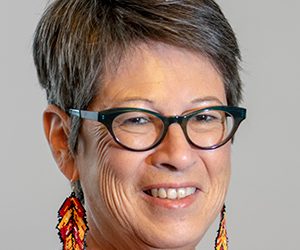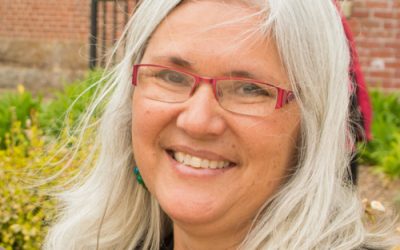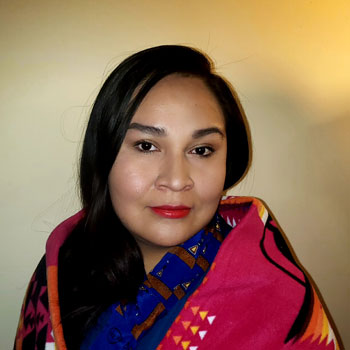
Are you a First Nations, Inuit, or Métis woman from Canada who is committed to community development and social change?
The Indigenous Women in Community Leadership program is now accepting applications for 2019.
After attending a three-week intensive education program at Coady International Institute, located in Mi’kma’ki, the ancestral and unceded territory of the Mi’kmaq People (Antigonish, Nova Scotia), you will have the opportunity to lead a development project in your community with the guidance of an established mentor.
Learn about previous community projects
This program uses Coady’s innovative and blended approach to asset-based leadership development, and prioritizes indigenous knowledge and ways of learning.
Now entering its ninth year, alumni from this program continue to make great strides in their communities.
Alumni Stories
For Future Generations: Supporting Indigenous Women Leaders through Mentorship and Advocacy
Karen MacKenzie is a proud Cree-Métis woman, business owner, knowledge keeper, community supporter, and a program Mentor for Coady Institute’s Indigenous Women in Community Leadership (IWCL) program.
Sharing Our Knowledge: Mentor Dedicated to Advancing Indigenous Education
One of the key components of Coady Institute’s Indigenous Women in Community Leadership (IWCL) program is connecting program participants with the guidance and support of experienced Indigenous women mentors. Gaya’do:węhs Lu Ann Hill-MacDonald is a Mohawk woman of the Bear Clan from the Six Nations of the Grand River Territory, Ontario, Canada. As an Education Consultant, she is dedicated to advancing Indigenous education programs.
Change is Transpiring says Indigenous Women’s Leadership Graduate
Wyanne (Kiya) Smallboy-Wesley is a graduate of the Indigenous Women in Community Leadership program at Coady Institute. As an Indigenous Facilitator for the Calgary Public Library and the Further Education Society (FESA), she works with a diverse network of communities in the Calgary-area to “build a bridge of safety” between Indigenous and non-Indigenous communities and community members.


